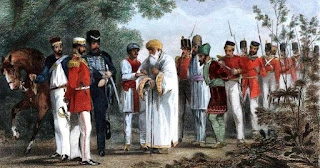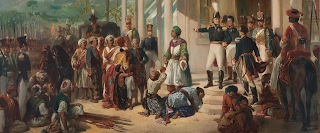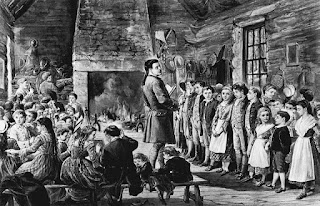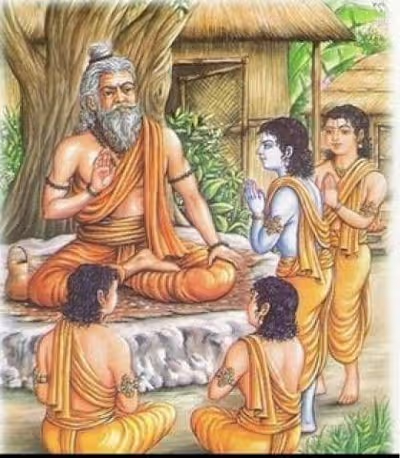Unveiling the Subversion: British Colonial Government's Ideolog…
Like this project
Posted Aug 1, 2023
Unveiling the Subversion: British Colonial Government's Ideological Manipulation of Indian People ...
Likes
0
Views
96
Tags
Unveiling the Subversion: British Colonial Government's Ideological Manipulation of Indian People
Introduction
The British colonial government's rule over India spanned nearly 200 years, from the mid-18th century until India gained independence in 1947. While the colonial regime is often remembered for its economic exploitation and political dominance, its subtler, yet equally impactful, method of ideological subversion is often overlooked. This article aims to shed light on how the British colonial government systematically manipulated the Indian populace's ideologies, beliefs, and values to legitimize its rule and perpetuate its control.
Divide and Rule Policy
One of the most effective tactics employed by the British colonial government was the infamous "divide and rule" policy. By exploiting existing regional, linguistic, and religious differences among the diverse Indian population, the British fostered animosity between communities. They purposefully magnified existing fissures, pitting Hindus against Muslims, Sikhs against Hindus, and various other permutations. This policy not only weakened the unity of the Indian people but also bolstered the notion that only the British could maintain order and prevent conflicts.

Cultivating an Inferiority Complex
The British colonial administration propagated the idea of European cultural and racial superiority over the Indian population. Through education and media, they actively promoted the notion that Indian culture, customs, and way of life were inferior and needed "civilizing" by the British. This psychological manipulation created a sense of dependency among Indians, making them believe that their own cultural identity was inadequate and that they needed the British to lead them on the path of progress.

Control over Education
Education became a powerful tool for ideological manipulation. The British colonial government established schools and universities that propagated Eurocentric views, glorified British history, and undermined Indian heritage. They downplayed the achievements of Indian civilization, distorted historical facts, and promoted the idea that Indian culture was stagnant and backward. This approach aimed to create a generation of Indians loyal to the British crown, further solidifying their grip on power.

Suppression of Dissent
The colonial government stifled any form of dissent or opposition to its rule. Laws were enacted to curb freedom of speech and expression, and those who dared to challenge British authority were met with harsh punishments. This oppressive environment ensured that the British colonial narrative remained unchallenged, leaving no room for alternative ideologies to thrive.
Manipulation through Media
The British-controlled media played a pivotal role in shaping public opinion. Newspapers and other publications were tightly controlled, and any content that questioned or criticized the colonial government was censored or banned. Instead, the media disseminated propaganda glorifying British rule and demonizing any resistance or independence movements.
Marginalization of Local Institutions
The British undermined and dismantled traditional Indian institutions that posed a threat to their control. Local governance systems were weakened, and traditional power structures were disrupted, leaving the Indian population more reliant on the colonial administration. This further reinforced the idea that the British were indispensable for maintaining stability and order.
Conclusion
The British colonial government's ideological subversion of the Indian people was a carefully crafted strategy aimed at perpetuating its dominance and exploitation. By dividing communities, propagating feelings of inferiority, controlling education and media, suppressing dissent, and marginalizing local institutions, the British sought to create a subservient population that would accept and perpetuate their rule. Understanding these historical tactics is essential to recognize the lasting impact of colonialism on the Indian psyche and pave the way for healing, unity, and progress in post-colonial India.




